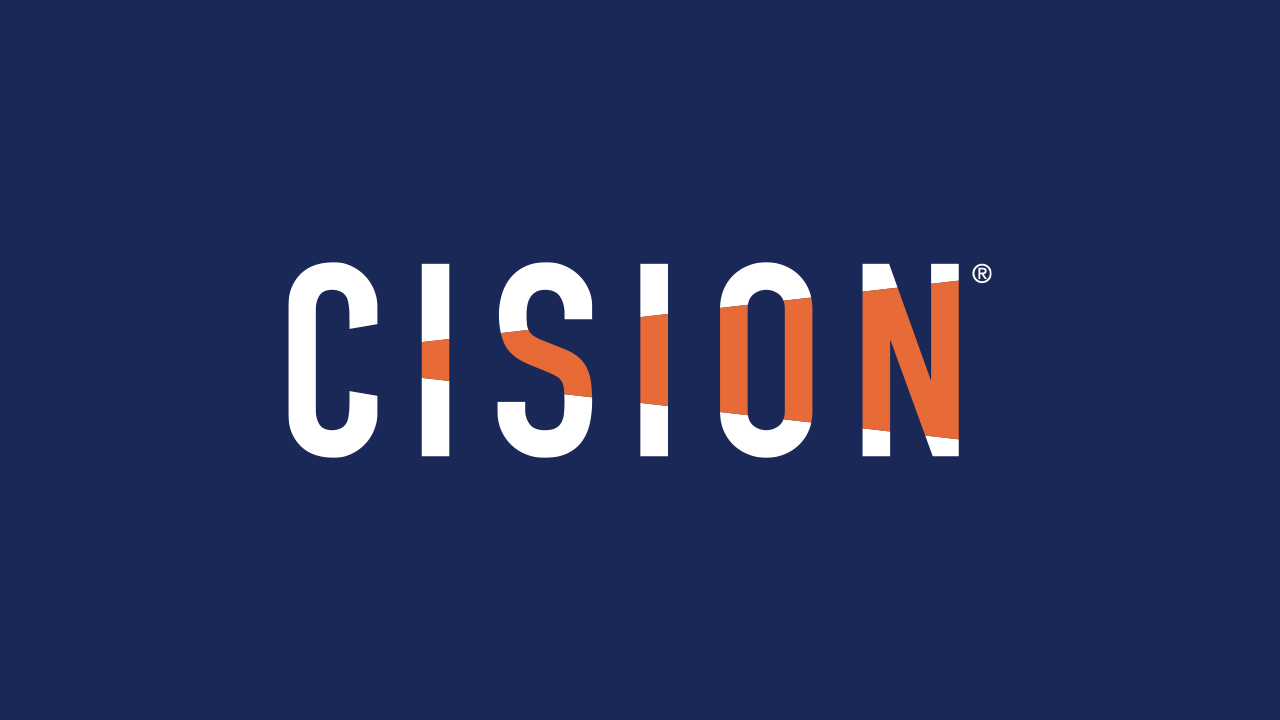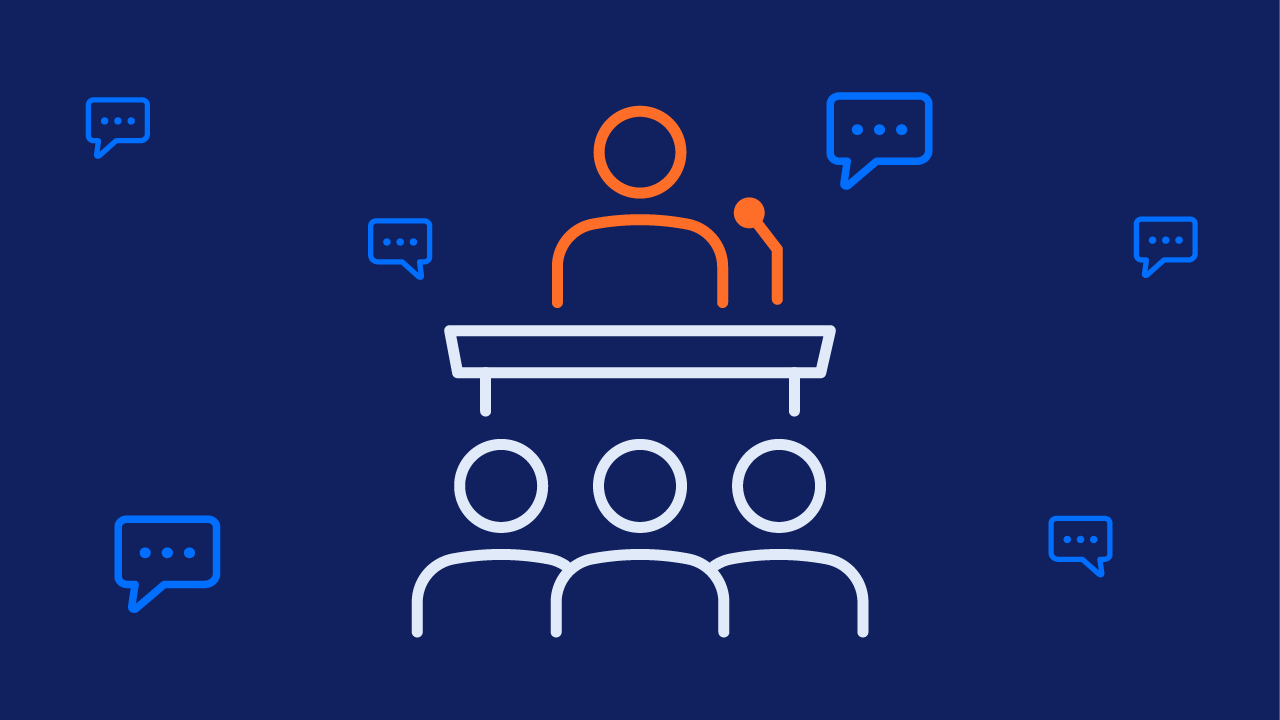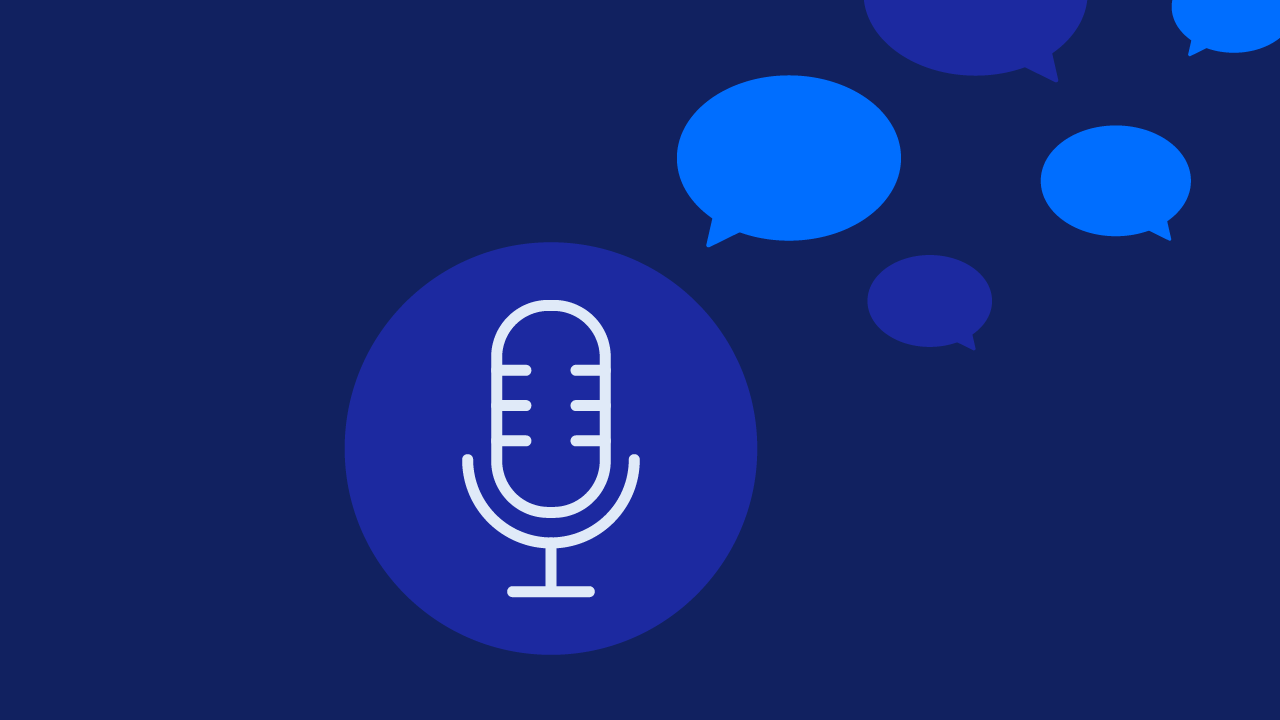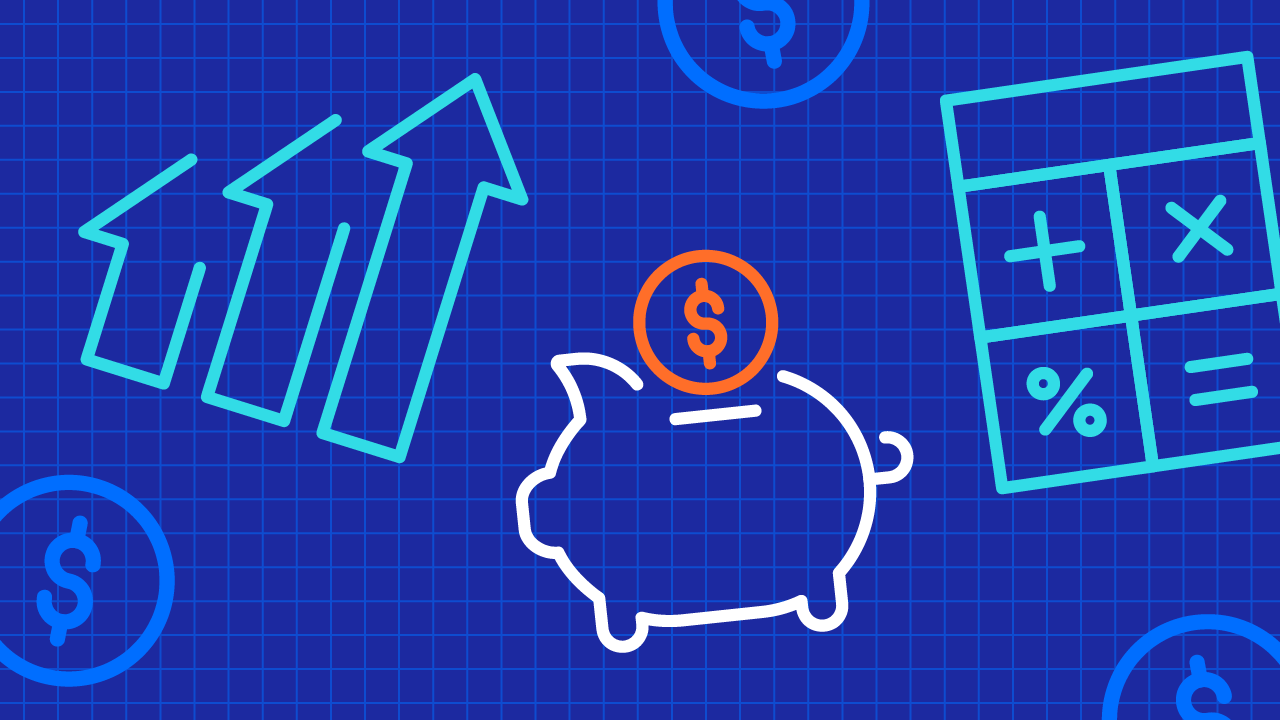Newsrooms nationwide face weakening advertising revenues, and journalists are dealing with everything from pay cuts to layoffs to furloughs. But even with decreasing job security and the exhaustion of nonstop COVID-19 coverage, journalists can still find ways to thrive during this new era in the digital environment.
Journalists have always been resilient and resourceful during stressful situations, but many are facing new mental obstacles during this pandemic. Here are three tips on how to cope with, reduce, and prevent stress.
1. Cope with elevated stress by embracing self-care
To reduce stress, it’s important to practice self-care. Pay attention to your feelings during a stressful situation and note any triggers. Have a stress-reducing technique in place when you notice your stress levels are high.
Some of the quickest ways to cope with immediate stress are breathing exercises, meditation, and taking a walk. HelpGuide’s Relaxation Techniques for Stress Relief offers various strategies.
Sleep is a form of self-care
Sleep is hard to come by when you’re tossing and turning all night thinking about the anxieties of tomorrow. To help, make sure to get at least 10 minutes of sun every day, exercise 30 minutes a day, and avoid eating or drinking caffeine four hours before bedtime. If you dream vividly, document your dreams in a dream journal.
Journalists have crazy schedules that can result in insomnia. There are endless things you can do to help get better sleep, but here are a few ideas:
- Take a bath or shower
- Turn on your favorite tunes
- Light a scented candle
- Play meditation music or white noise
- Avoid daytime naps and electronics in bed
- Add lavender oil to an essential oil diffuser
2. Access mental health resources to help reduce stress
There are various mental health support apps, websites, publications, and videos to help guide you through your wellness journey.
Check out these resources to help you reduce stress:
- The Lenfest Institute for Journalism created a list of resources and advice just for those in the media: Self-care advice for journalists.
- In honor of Stress Awareness Month this April, Beyond Bylines posted a resourceful list of stress management blogs to help those who are experiencing stress, worry, or anxiety: Blog Profiles: Stress Management Blogs.
- If you’re looking for a great mental health support website and app, check out The Mighty, “a digital health community created to empower and connect people facing health challenges and disabilities.” The supportive community is non-judgmental and compassionate. Mental health is one of 600+ health topics covered on the site.
- The National Alliance on Mental Illness (NAMI) is a resource dedicated to helping you take care of your mental health. NAMI provides important updates on the COVID-19 pandemic so that you can stay well-informed and educated on how to cope with elevated stress.
- Watch a TED Talk that'll help you manage stress.
We’re all in this together. If you need crisis support, text NAMI to 741741. For our tips for people affected by mental illness during COVID-19, visit https://t.co/6rRJyzN47J pic.twitter.com/QWfz9KK2RL — NAMI (@NAMICommunicate) March 23, 2020
3. Use pre-mortem management as a tool to prevent stressful situations
Covering assignments on COVID-19 is likely to cause trauma for many journalists. Stress preparation and understanding how the brain performs under stress can be helpful.
In the TED Talk “How to stay calm when you know you'll be stressed,” neuroscientist Daniel Levitin says that in response to stress, your brain releases adrenaline and cortisol, which increases your heart rate and clouds your thinking. After a stressful situation he experienced, he asked himself, "Are there things that I can do or systems I can put into place that will prevent bad things from happening? Or, at least if bad things happen, will minimize the likelihood of it being a catastrophe?"
In the video, Levitin discusses connecting a stressful situation to Gary Klein’s approach to stress management, called prospective hindsight. In other words, “You should look ahead and figure out all the things that could go wrong and think about things you can do to minimize the damage.”
Have you ever asked yourself what mistakes could happen in a stressful situation, like publishing an online video for the first time or dealing with a hard deadline? Think about things you can do to minimize damage, like always doing a test run or setting digital reminders on your mobile phone, desktop, and email. You’ll be able to identify obstacles ahead of time and prepare better for what could happen.
Keep in mind...
It’s important to remember that you’re not alone during this unprecedented time. Practice regular self-care and stress management so that you can stay prepared. And remember to be kind to yours.
See the original post on Beyond Bylines.







